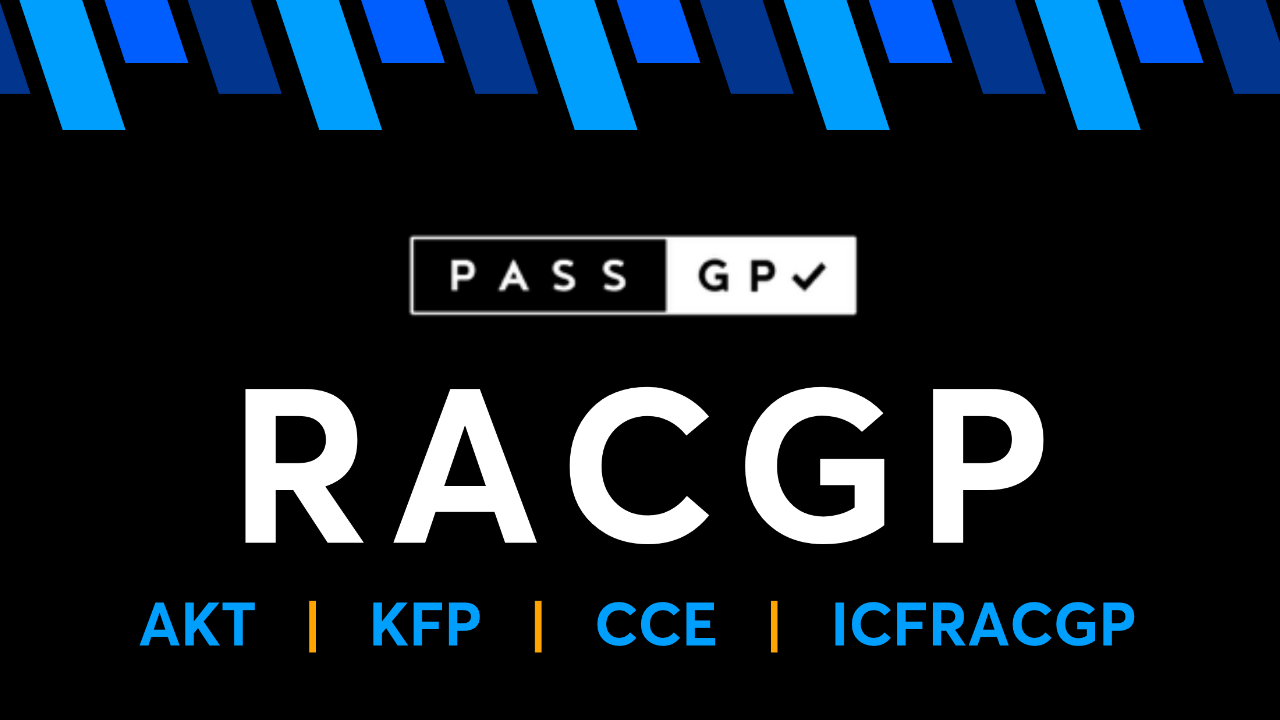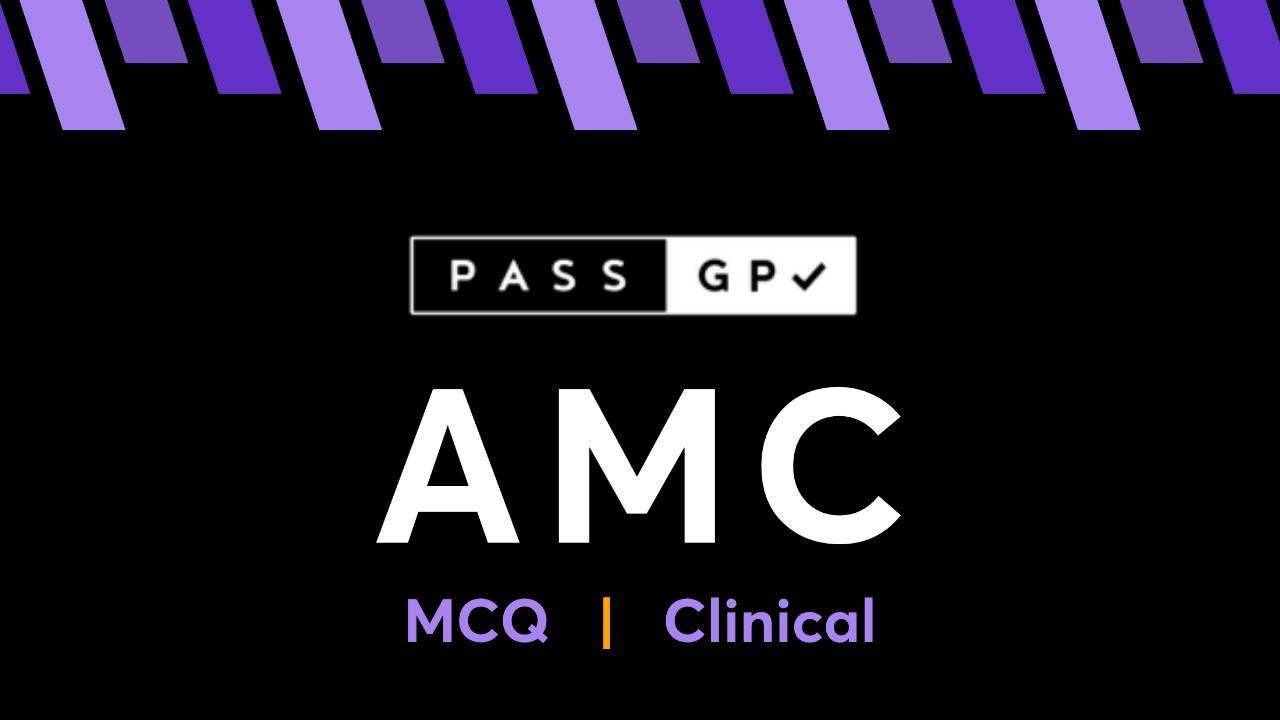Performance analytics for medical exam success
Nov 24, 2025
Modern medical exams demand more than knowledge; they require strategy. Candidates preparing for the RACGP AKT, KFP, AMC Clinical, ACRRM StAMPS or PESCI often study hard; but not always in the right direction. Performance analytics change this; not by replacing study, but by revealing precisely where effort produces results.
“The best candidates prepare for what examiners score; not for what they hope will appear.” -A/Prof George Eskander
Performance analytics allow candidates to understand how they think; how they respond under pressure; and which areas limit their scoring. Instead of guessing where they need to improve, candidates can target the exact knowledge gaps and reasoning patterns that affect their outcomes.
Why Performance Analytics Matter
In high-stakes exams, success is less about the total hours studied and more about the efficiency of that study. Analytics create this efficiency by providing:
- Clear identification of weaknesses
Self-perception is not always accurate; candidates commonly underestimate gaps in applied reasoning. Performance data reveals domains with low consistency; recurrent reasoning errors; timing issues; and difficulty patterns across clinical systems. - Better time allocation
Understanding where marks are lost allows candidates to prioritise high-impact revision. This aligns with AHPRA expectations, where insight and reflection are as important as knowledge. - Improved recall and pattern recognition
Exam questions follow predictable structures. Analytics highlight these patterns; helping candidates recognise them sooner and preserve cognitive bandwidth for clinical reasoning.
Connecting Analytics With Rapid Recall
Performance analytics work best when paired with rapid-recall tools such as high-yield flashcards. Flashcards strengthen immediate retrieval; analytics guide which cards require focus. This forms a high-efficiency cycle:
- Analytics → reveal the weakness
- Flashcards → correct the weakness
- Repeat → improvement becomes measurable
This synergy makes learning structured; consistent; and examiner-aligned.
Analytics Across AKT, KFP and AMC Clinical
- AKT – highlights distractor bias, guideline misinterpretation, missed red flags and timing errors.
- KFP – exposes insufficient specificity, over-generalisation and drift away from core scoring domains.
- AMC Clinical – identifies gaps in structure, sequencing, prioritisation, and clarity of explanation.
Each exam pathway benefits differently from performance data; but the goal is the same: clearer reasoning with fewer unsafe patterns.
What Candidates Should Track
- Accuracy by clinical system
- Speed vs accuracy curves
- Red-flag misidentification
- Over-selection and under-selection patterns
- Verbosity vs specificity balance
- Confidence mismatch (overconfident errors vs hesitant correct answers)
These metrics help candidates adjust both their study approach and exam performance.
The AHPRA Connection
AHPRA expects clinicians to demonstrate:
- safe decision-making
- insight into limitations
- reflective practice
- reasoning transparency
- consistent approach across cases
Performance analytics mirror these expectations by making unsafe or inconsistent patterns visible early. This elevates learning from “exam study” to “professional development”.
Conclusion
Performance analytics are not optional; they are the most efficient way to understand how you perform, why marks are lost and how to improve systematically. When combined with high-yield recall tools, preparation becomes targeted, structured and aligned with both examiner expectations and AHPRA’s professional standards.







